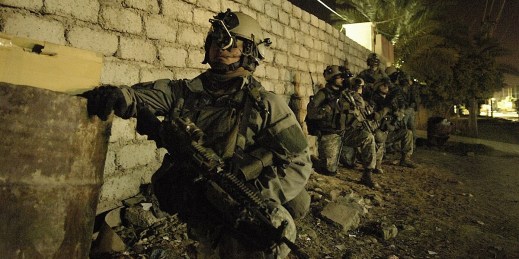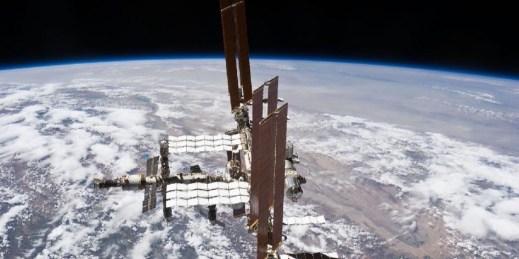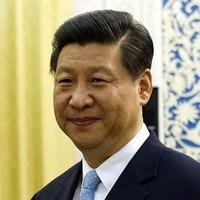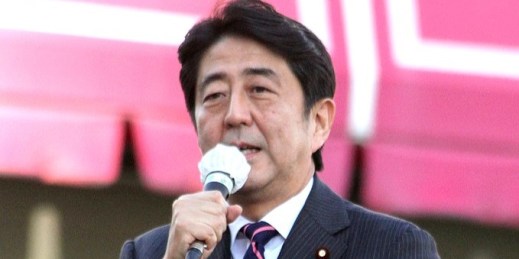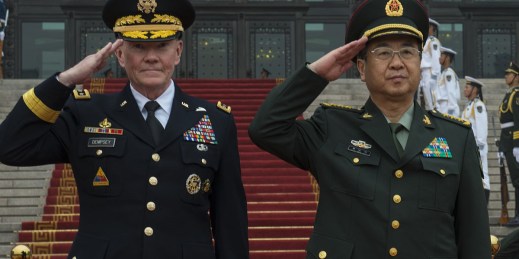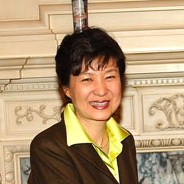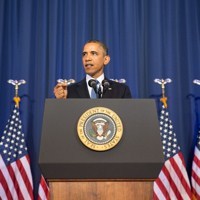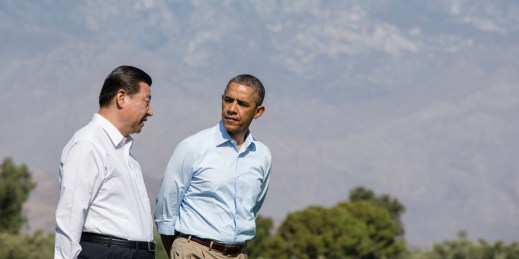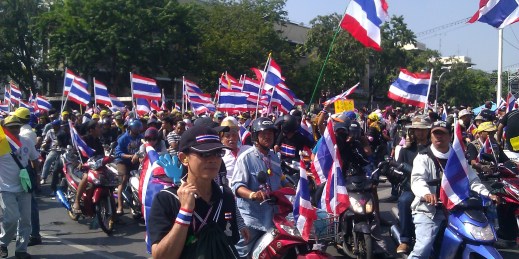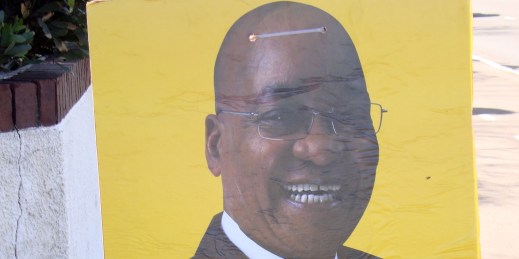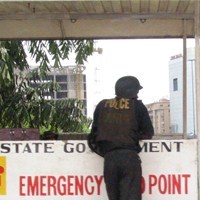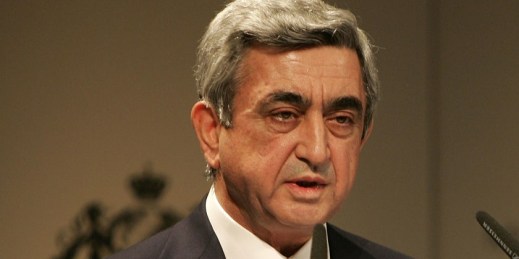
Less than a year ago, Armenia appeared well on its way to taking its first substantial step in years toward European integration. Negotiations with the European Union had been finalized, and all but minor details had been overcome for Yerevan’s initialing of an Association Agreement and Deep and Comprehensive Free Trade Area (DCFTA) with the European Union at the November 2013 Eastern Partnership summit in Vilnius, Lithuania. For the briefest of moments, Armenia looked ready to venture outside of the pro-Russia system within which it had long been firmly ensconced. But in early September, Armenian President Serzh Sargsyan announced during […]

